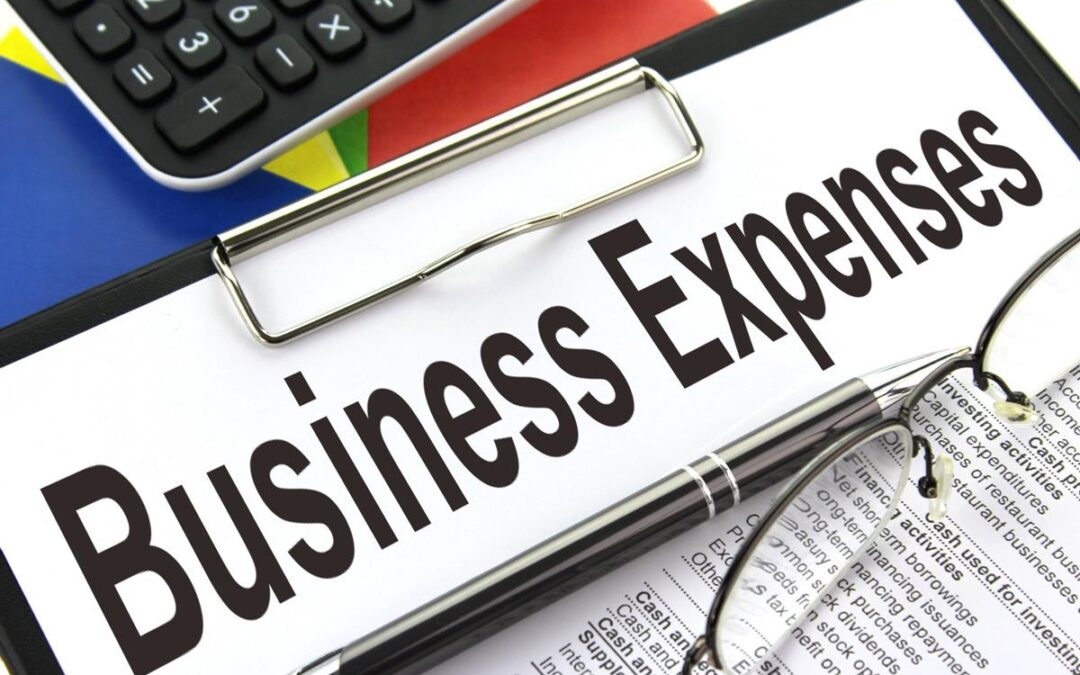Claiming expenses from your business
This article will help you understand how to claim expenses in the most tax efficient and legal manner.
Claiming expenses from your business are one of the more important tasks that every business owner will need to do. Most will see this as another administrative burden and without knowledge simply use their business’ credit card to pay without a second thought. This can often result in the expenses not being allowable and therefore cannot be deducted from profits. This in the end unnecessarily increase amount of corporation tax and even personal tax each you as a business owner have to pay.
Record Keeping
Just as in keeping copies of invoices business owner is responsible for keeping all records relating to all transactions done for the previous five financial years.
It is the owner’s/director’s responsibility to comply with all of the laws and not an accountant or a bookkeeper you hire. This is very important as without providing necessary information to an accountant or bookkeeper on the nature of each expense and accompanying receipts it’s not possible to fully comply with HMRC’s regulations and in case of investigation from HMRC will increase the amount of Corporation tax you would need to pay.
Purpose of an expense
One of the biggest issues with expenses is establishing the expense’s purpose.
The general rule is that if an expense is incurred wholly for business purposes it can be allowed (i.e. offset against businesses income) and therefore reduce the corporation tax payable.
As an example mobile phones are generally not allowed unless you can prove you have a second personal mobile phone you purchased from personal funds and use for personal tasks.
Another example would be uniforms and the same rule applies so if you purchase a suit for meetings in general the expense would not be allowed as you are able to use the suit for personal activities. However if the same suit had an official logo of your company/business then it could realistically only be used for business purposes and therefore will be allowed.
Motor vehicle costs
I have separated this particular type of expense as I find in practice it’s one that seems to be most confusing to non-finance professionals.
To simplify this as much as possible you may use a vehicle that is owned by your business/company or one that is owned by you personally.
If you are going to utilise a vehicle that is owned by your business you must understand that this vehicle should be used purely for business purposes. You therefore should not use it to travel from home to a single place of work. If you use a car to travel to an office five times a week, this will qualify as a benefit you receive and you will be taxed on it. If your business pays for the petrol to allow you to drive the car, you will also need to report this to HMRC and be taxed on it. However if you are a builder and use a van then work location changes frequently and you should be able to use your van to drive your van to home and back to work and not be taxed additionally for it.
A second option would be to use a personal vehicle for business purposes. For many small businesses that will be the most tax efficient way to use a vehicle. But in here there is a catch too as HMRC has a process that needs to be followed. For example any costs relating to your personal vehicle including, taxes, fuel, repairs and any others are not allowed for your company and should be paid from your personal funds. Instead you can claim a mileage for each mile you drive for business purposes. You will need to record each journey with start and end journey post codes and description which most accounting applications will help you do.
Personal expenses paid by the business
Please note that any personal expenses that are paid by your company/business, you will need to treat those as if you were paid the monetary value and you should be taxed on it through the self assessment each year.
The subject of which expenses are allowed for business purposes and which are not is vast and the rules do occasionally change therefore I must recommend that as a business owner you employ a knowledgeable bookkeeper/accountant to advise you on any specific ones that your business might have.
This sort of advice and more is free to all of my clients where appropriate so please do not hesitate to get in touch with me on: enquiries@musialaccounting.co.uk

